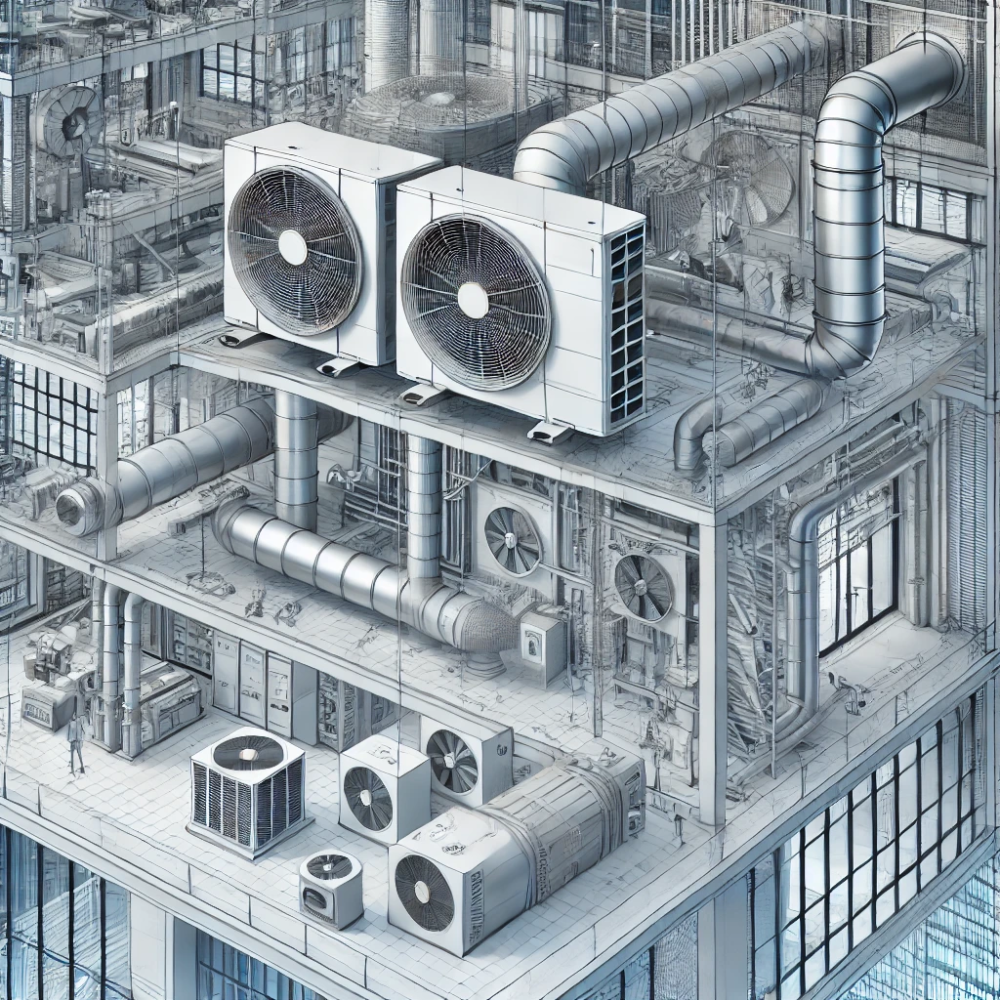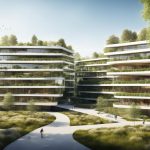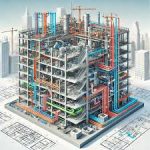Overview:
This course explores the concept of sustainable design in modern building mechanical systems, aiming to enhance resource efficiency and minimize the environmental impact of engineering projects. Participants will learn how to integrate sustainability principles into the design and planning of mechanical systems such as heating, ventilation, and air conditioning (HVAC), plumbing, and lighting systems.
Course Objectives:
- Understand the concepts of sustainable design and its importance in modern construction.
- Learn how to analyze and design mechanical systems with a focus on energy efficiency and waste reduction.
- Explore sustainable building materials and techniques and their applications in building mechanical systems.
- Enhance the ability to use sustainability assessment tools like LEED and BREEAM in system design.
- Develop skills to improve building performance through the application of sustainable design strategies.
Training Content:
- Introduction to Sustainable Design: Definition of sustainability and its significance in the construction sector.
- Fundamental Principles of Sustainable Mechanical System Design: Basic concepts of designing HVAC and plumbing systems.
- Energy Performance Assessment: How to calculate energy efficiency in mechanical systems.
- Selection of Sustainable Materials: Understanding the importance of recyclable materials and low environmental impact materials.
- Modern Design Techniques: Overview of modern technologies such as smart systems and energy control systems.
- Sustainability Assessment Tools: Introduction to global assessment tools like LEED and BREEAM and how to use them.
- Case Studies: Analysis of successful projects where sustainable design principles have been applied.
Target Audience:
This course is aimed at architects, civil engineers, mechanical engineers, designers, project managers, and students in architecture, civil engineering, and mechanical engineering. It is also beneficial for anyone interested in enhancing their skills in sustainable design and its applications in modern buildings.






